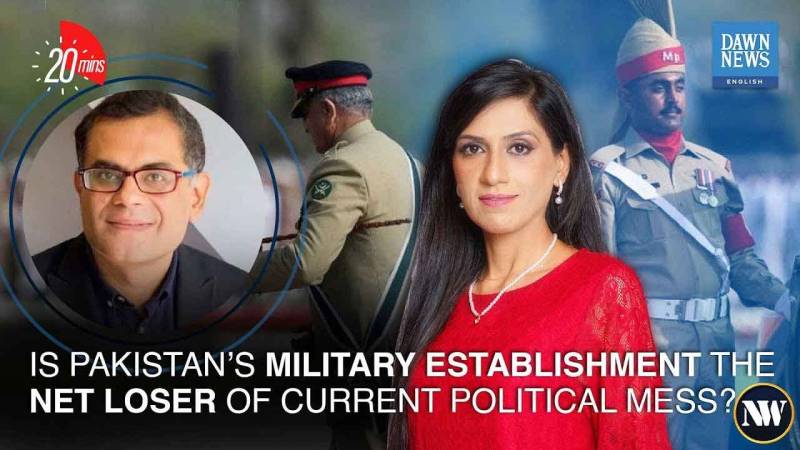In a nation where politics often resembles a high-stakes chess game, Pakistan finds itself at a critical juncture once again. The ongoing political talks between the government and the Pakistan Tehreek-e-Insaf (PTI) have captured the nation's attention, raising hopes for a resolution to the political impasse. As discussions unfold, the intricate web of power dynamics, establishment influence, and the role of the judiciary is becoming increasingly apparent. In this article, we delve into the key players, the factors shaping the talks, and the potential implications for Pakistan's political landscape.
The talks have ignited curiosity about their potential outcomes, especially whether they will culminate in a general election. With speculation that the talks might be a mere charade, a cloak to deflect attention from the looming election deadline set by the Supreme Court, the situation grows more complex.
One cannot overlook the elephant in the room – Pakistan's establishment. Long viewed as the shadowy force orchestrating political maneuvers, the establishment's influence in the current negotiations cannot be dismissed. As Raza Rumi suggests, high-level meetings and communication between political and military figures indicate the establishment's involvement. However, a significant shift in the power dynamics is evident. The military and judiciary, once dominant players, have come to realize the limitations of their authority in shaping political outcomes.
For former Prime Minister Imran Khan, the political talks hold both potential and challenges. The PTI leader's earlier strategies, including long marches and demands for early elections, have yielded limited results. The talks could be interpreted as his attempt to maneuver out of a political quagmire. By defying arrest warrants and challenging establishment norms, Imran Khan is signaling a shift in his approach. This change is particularly notable in light of his past reliance on the establishment's support.
Pakistan's judiciary has played a pivotal role in recent developments. It has aimed to establish itself as a neutral arbiter, challenging political decisions even in the face of criticism. However, as Rumi suggests, the judiciary's power is not immune to changing dynamics and polarization within the country. Its role has become more complex, demanding a delicate balance between upholding the rule of law and avoiding undue interference in political matters.
As Rumi aptly points out, the outcomes of these talks hold immense significance for Pakistan's political trajectory. If successful, the talks could serve as a stepping stone toward resolving the political deadlock and strengthening democratic processes. However, the challenges are formidable, requiring careful navigation of power dynamics and factional rivalries. In a nation where political allegiances often shift like sand dunes, the path forward is fraught with uncertainty.

